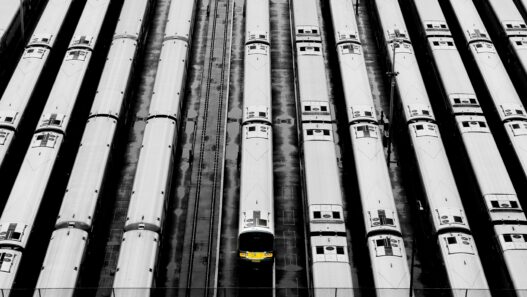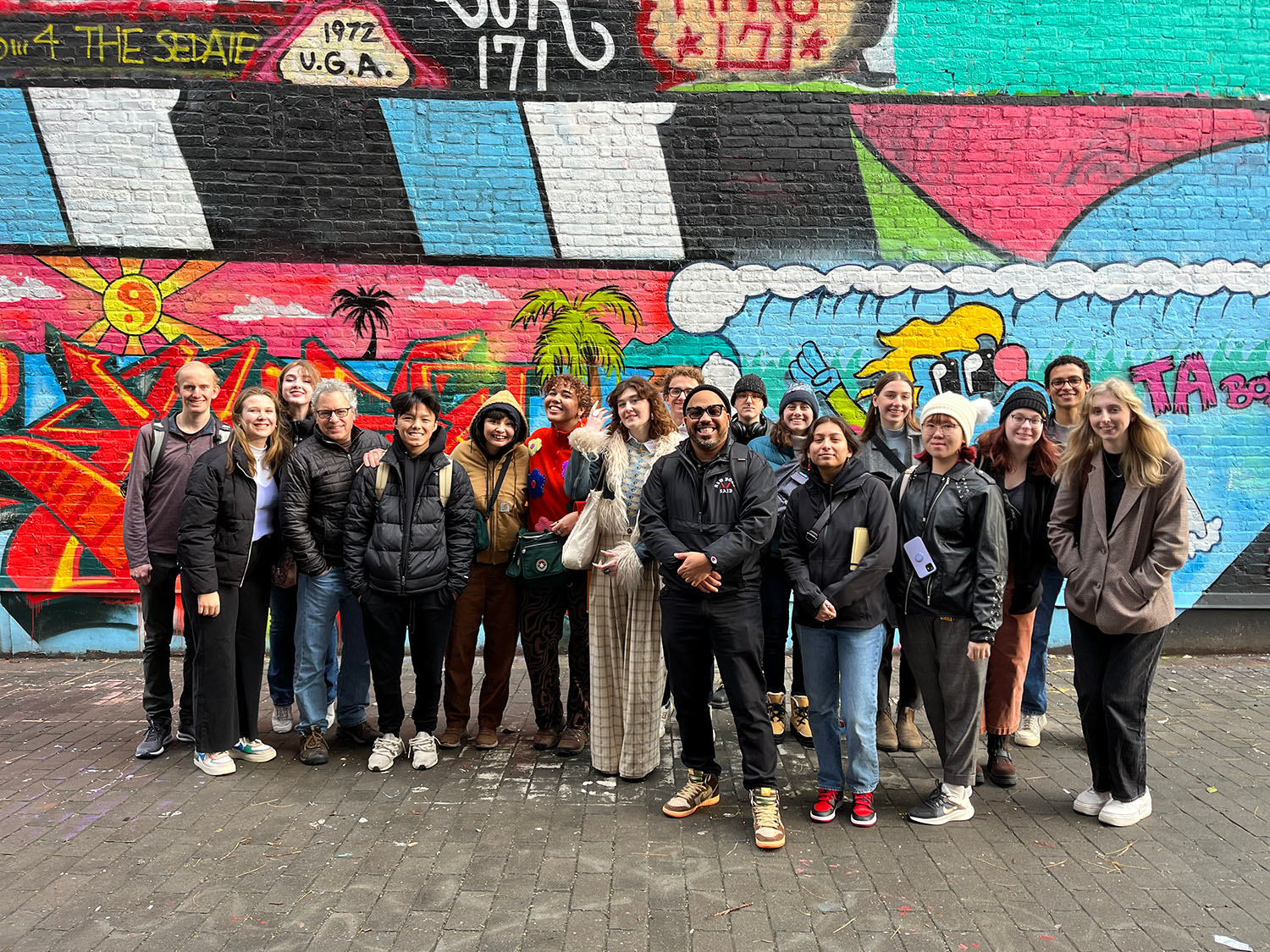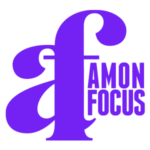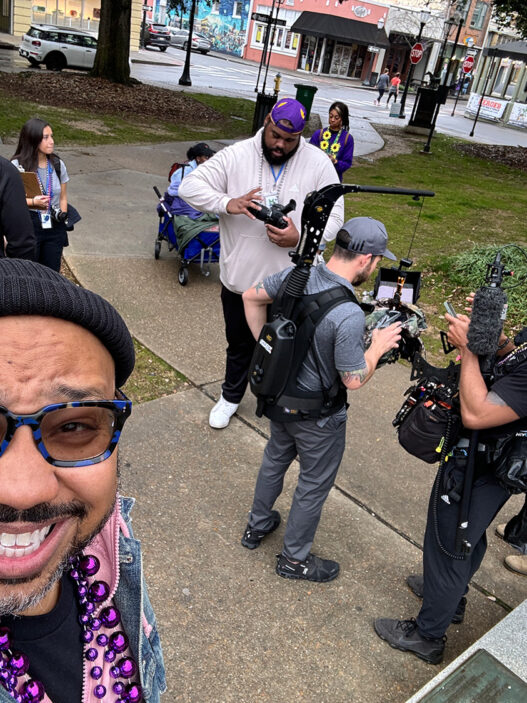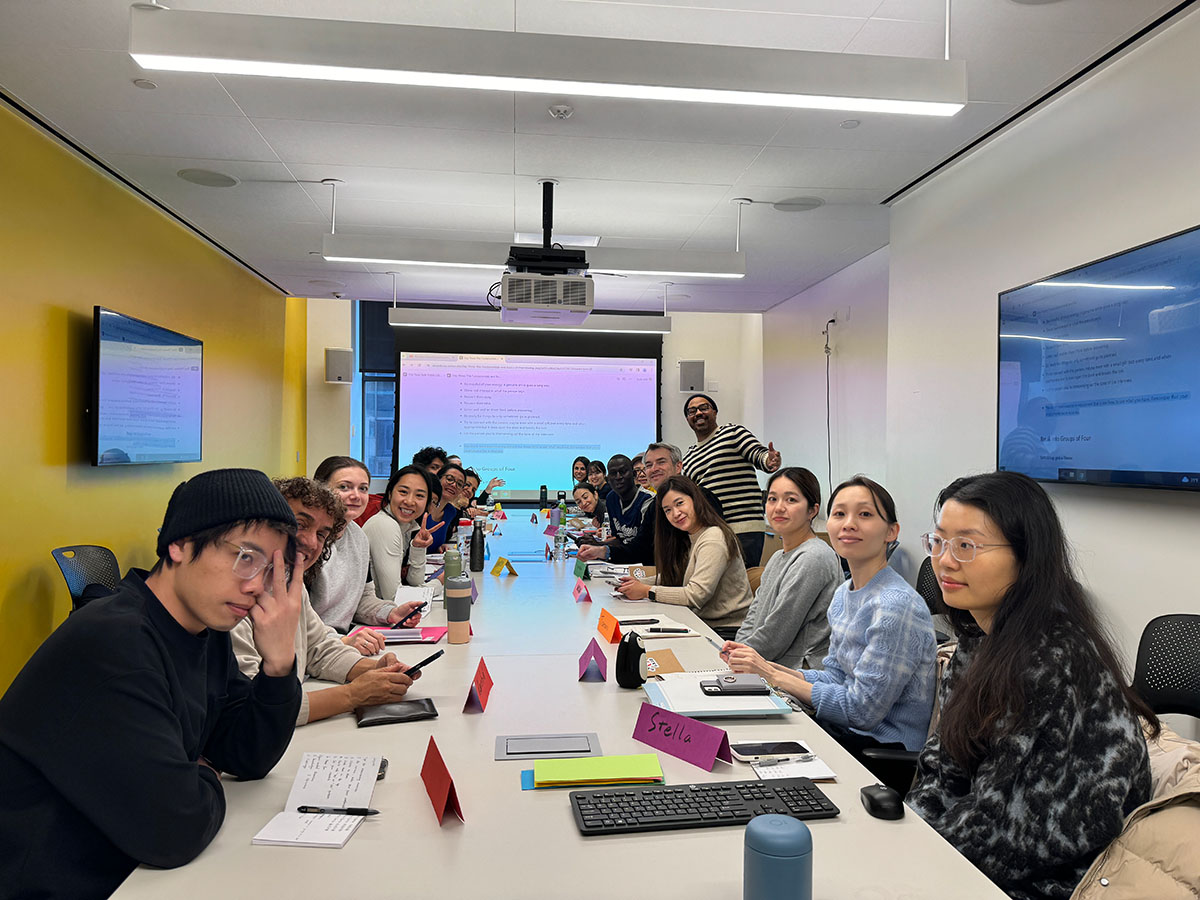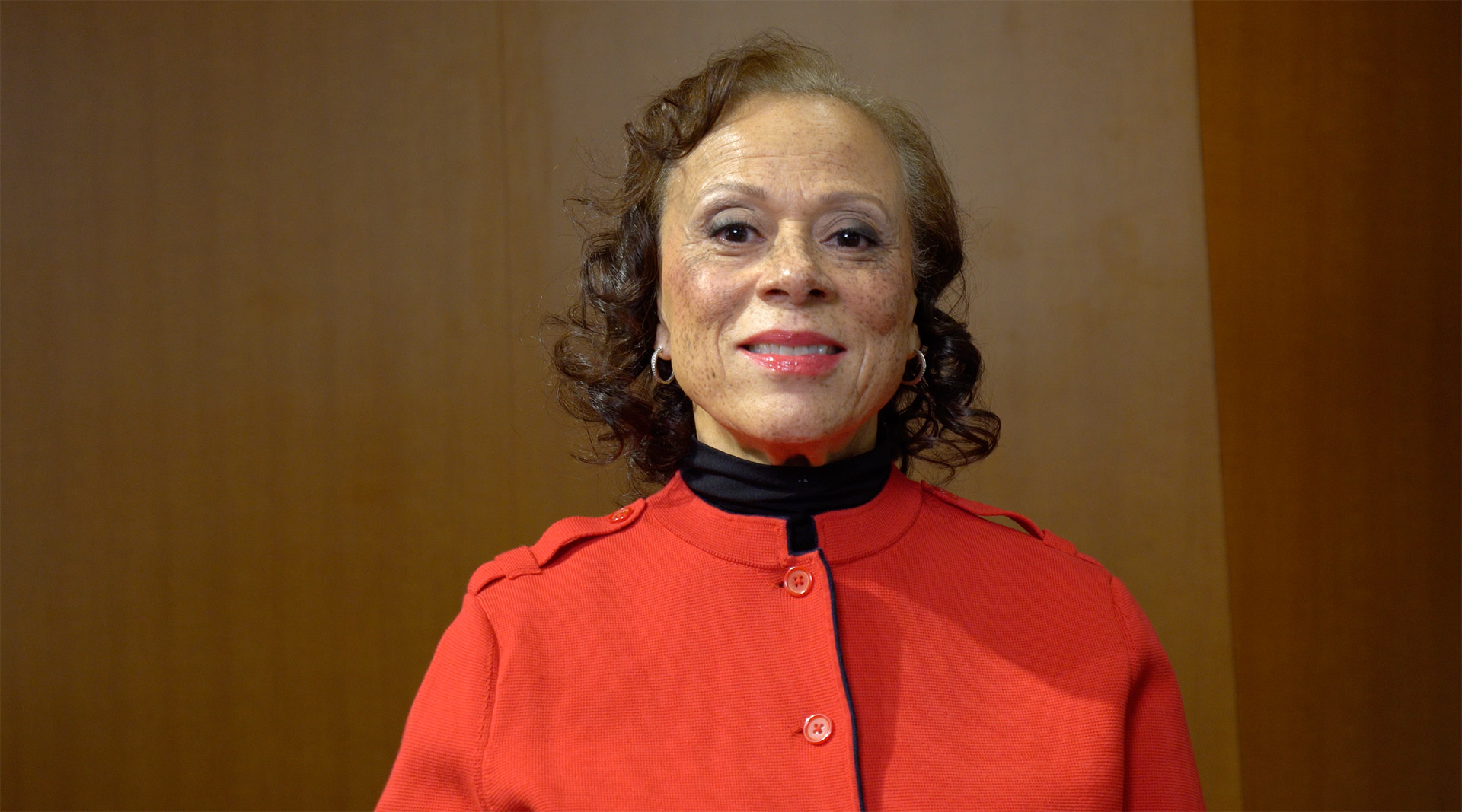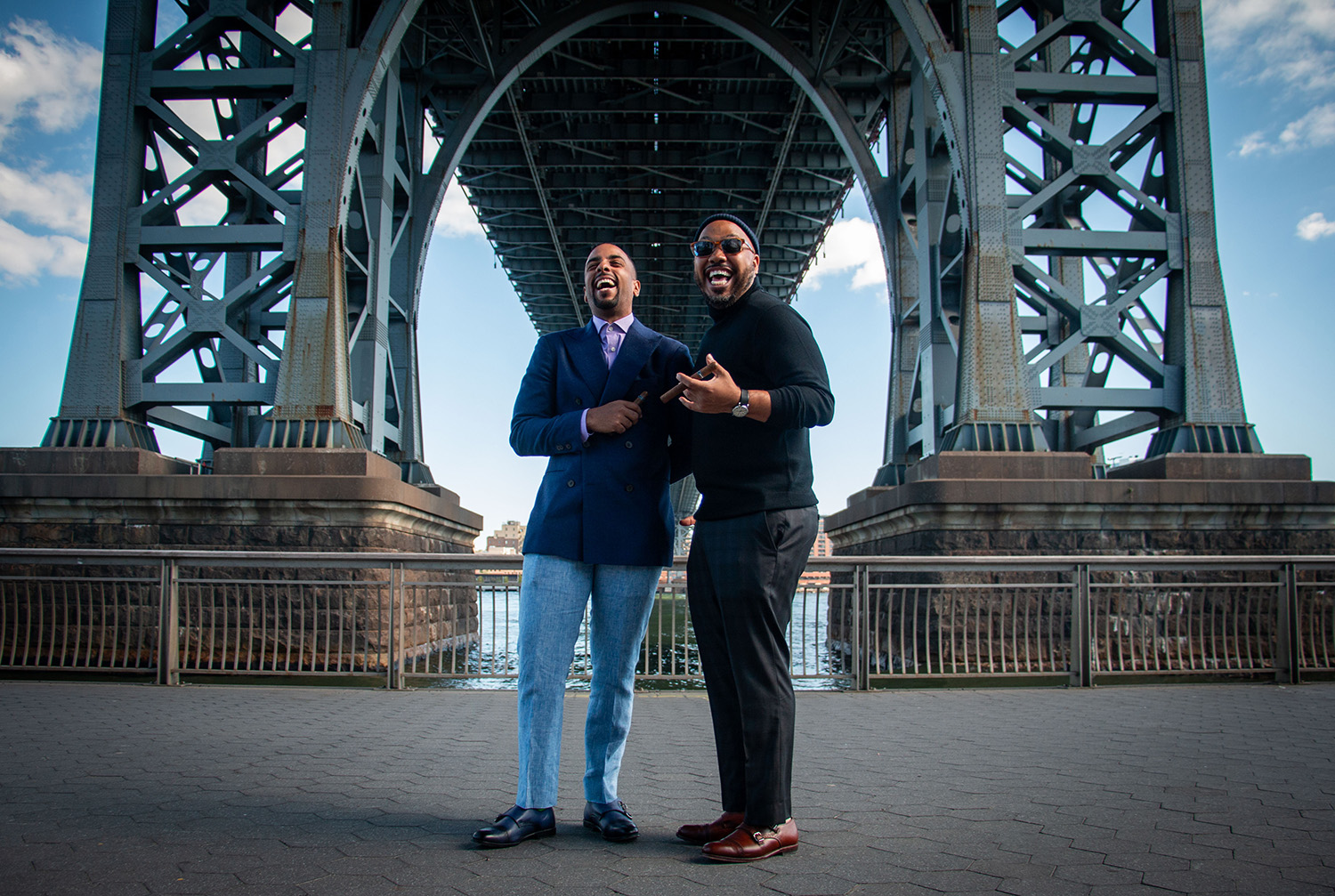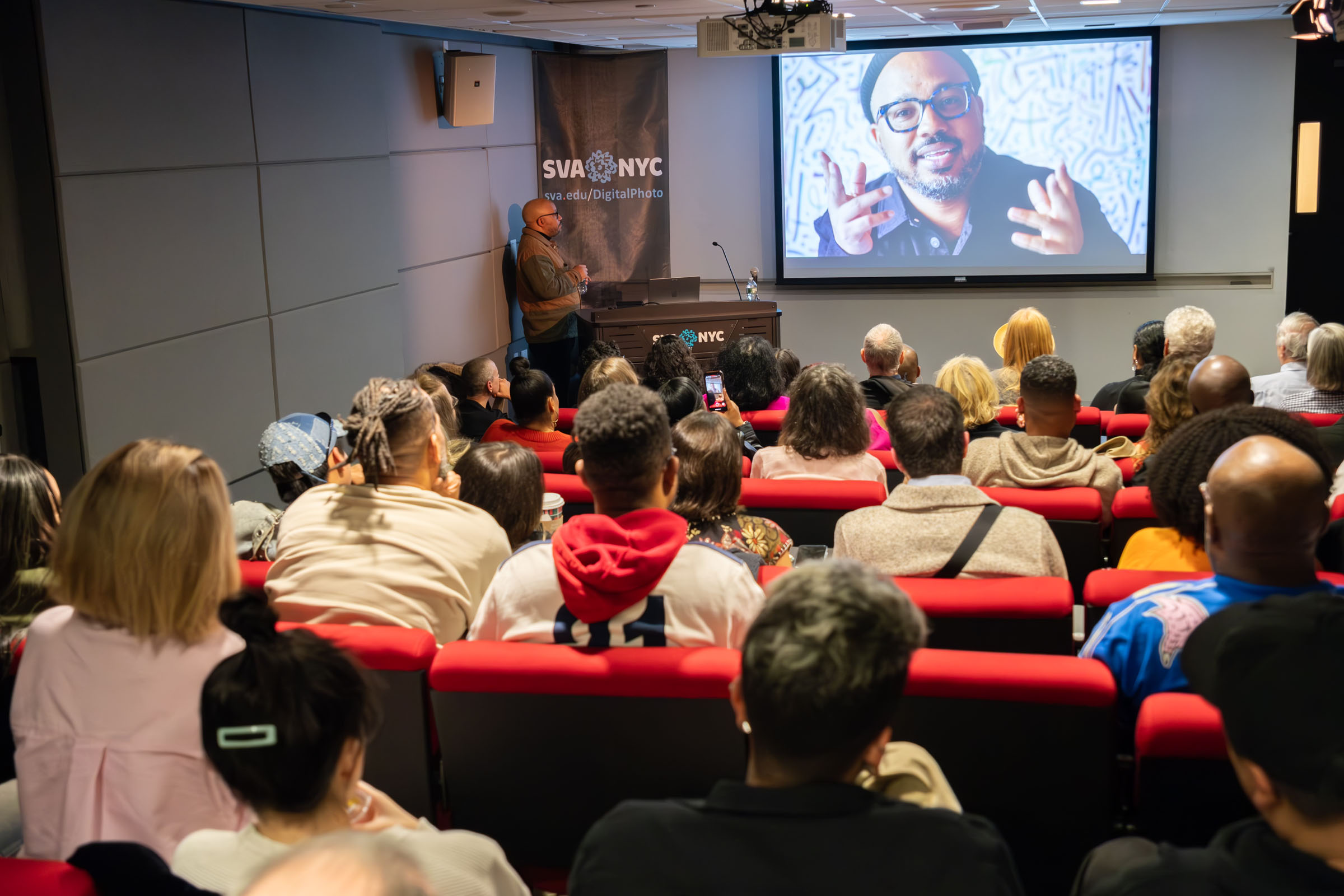Client: St. Olaf College | Role: Guest Lecturer | Location: New York
St. Olaf College is a school in Minnesota known for its outstanding liberal arts programs. Once a year, usually in January, the Department of Art and Art History takes their education off-campus and flies a group of students to New York for an Art Interim. These students visit galleries, art institutions, and artist studios for about a month and explore anything arts-related or adjacent.
I have been invited to participate in the Art Interim experience multiple times over the years. This invitation was extended to me after I completed a solo photography exhibition with Howl! Happening gallery. The college’s staff thought engaging their art students while they were in town would be a great idea, and our collaboration has been ongoing ever since.
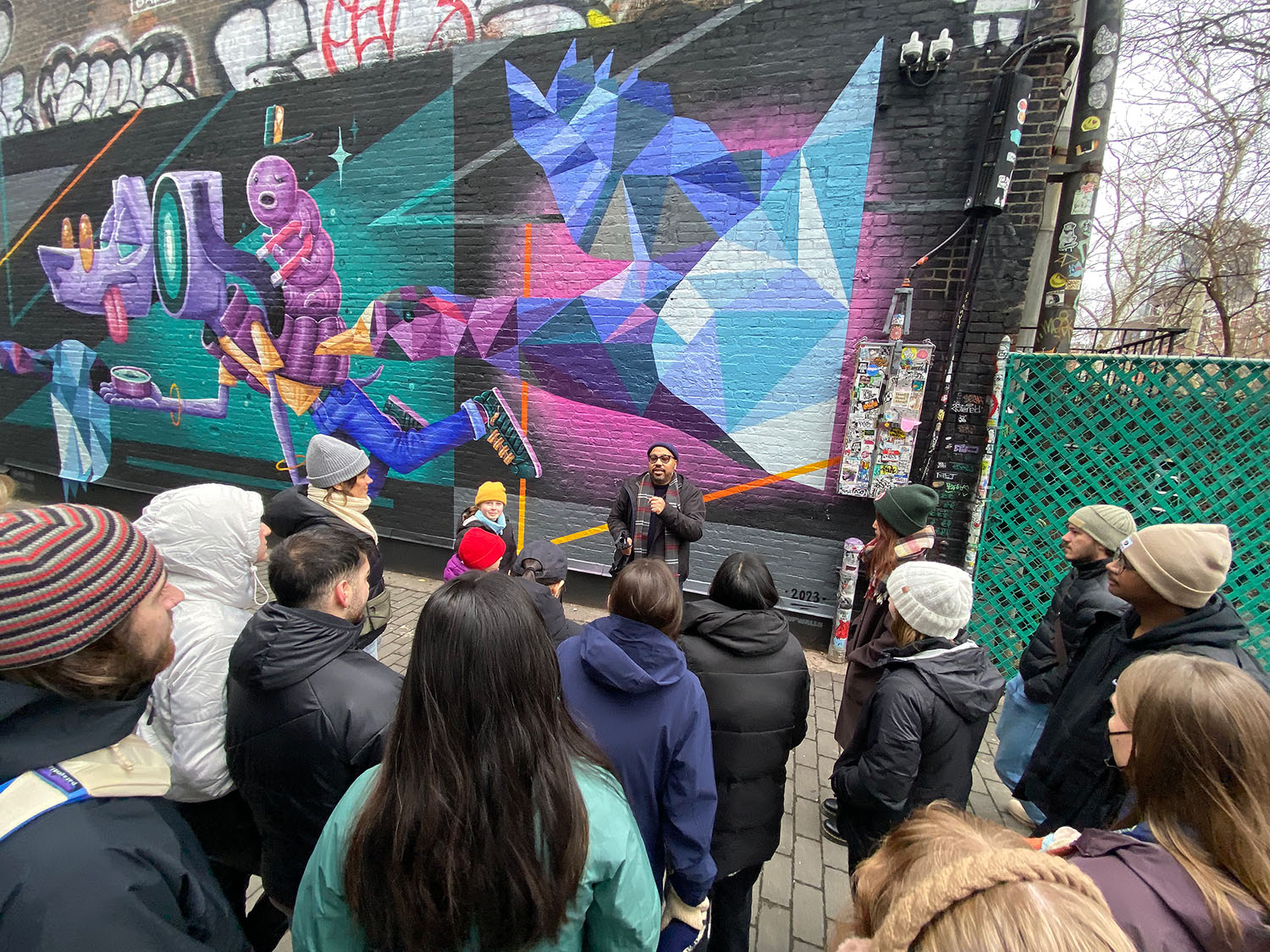
By way of a hike through the Lower East Side, my lecture is an in-depth and onsite look into graffiti and street art’s culture and how it finds itself in commercial spaces and places, i.e., galleries and advertisements.
I always begin the walk at First Street Green Park because it is easily accessible and rarely crowded. The park is home to a diverse range of art, from iconic and legendary graffiti writers to budding muralists painting their first wall. It’s an ideal location to initiate a conversation about art in public spaces, as we are quite literally surrounded by an abundance of street art and tags in the source of the Lower East Side.
I briefly greet the students at the top of the talk and introduce myself. Then, I immediately dive into the topic without any delay. Since graffiti is an ever-changing and evolving art form, I start by pointing out the writing on the walls. We discuss the basics and fundamentals of graffiti, including tags, throw-ups, pieces, and burners. After that, I interpret the current street art murals in our vicinity and provide some background info about the artists we’re viewing. I answer a few questions, and boom, we move on.
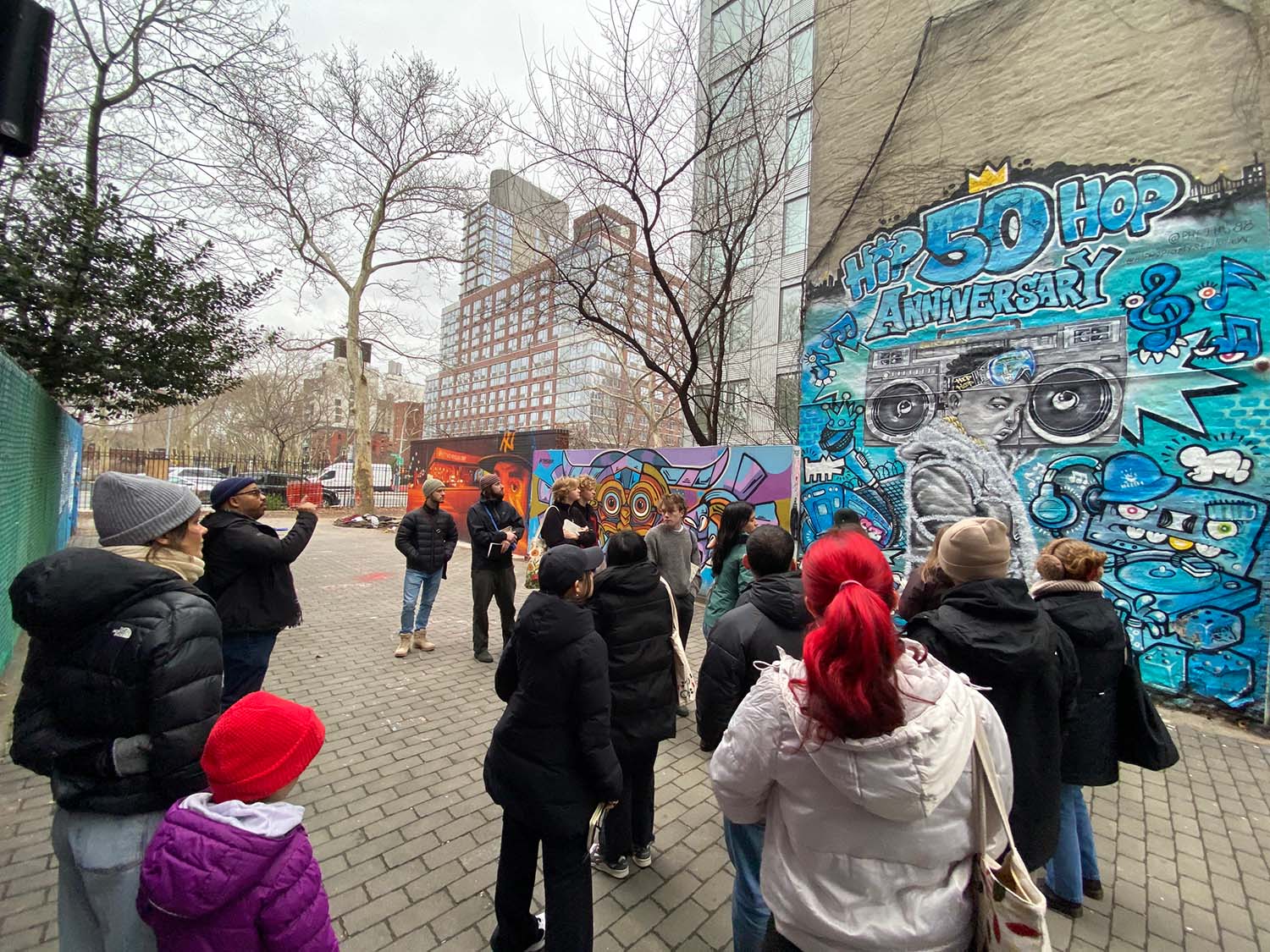
During our hike, we spend a decent amount of time recognizing art that isn’t immediately visible—that is, identifying what is attempting to communicate with us but is hidden in plain sight. This practice is easy to learn; once students have mastered it, they cannot unlearn it. The cool thing is, it seriously only takes a few minutes to get the hang of. The process is akin to that one scene in the 80s film They Live when Roddy Piper puts those special sunglasses on. The beauty of these techniques is that they can be applied anywhere, including their hometown, and will help them stay aware of their “art surroundings” as they navigate the world.
After that, I’ll usually discuss a few unwritten graffiti rules, such as never writing on religious buildings or war memorials, not writing on houses or cars, not writing on a dead person’s art, and learning your history. This isn’t to inspire them to become graffiti writers; my goal in providing this information is to give a little structure to what may look like a chaos of vandalism.
By this time, we’re headed downtown on the Bowery. This is when the topic of the correlation between graffiti, street art, and hand-painted ads arises. Amidst that topic, I’m pointing out the various types of stickers, sculptures, wheat paste art, and other unique tags sprayed from a fire extinguisher. If they looked up at the rooftops, I’m pointing out “rollers” in varying styles. Then, out of the blue, I’m like, “Oh look, it’s the 190 Bowery building,” which leads me to say something like, “Yes, currently that is the Supreme store, but before that, it was owned by Jay Maisel, an iconic photographer who shot for Time magazine and Life magazine and is also known to be the photographer who shot the Miles Davis ‘Kind of Blue’ album cover.”
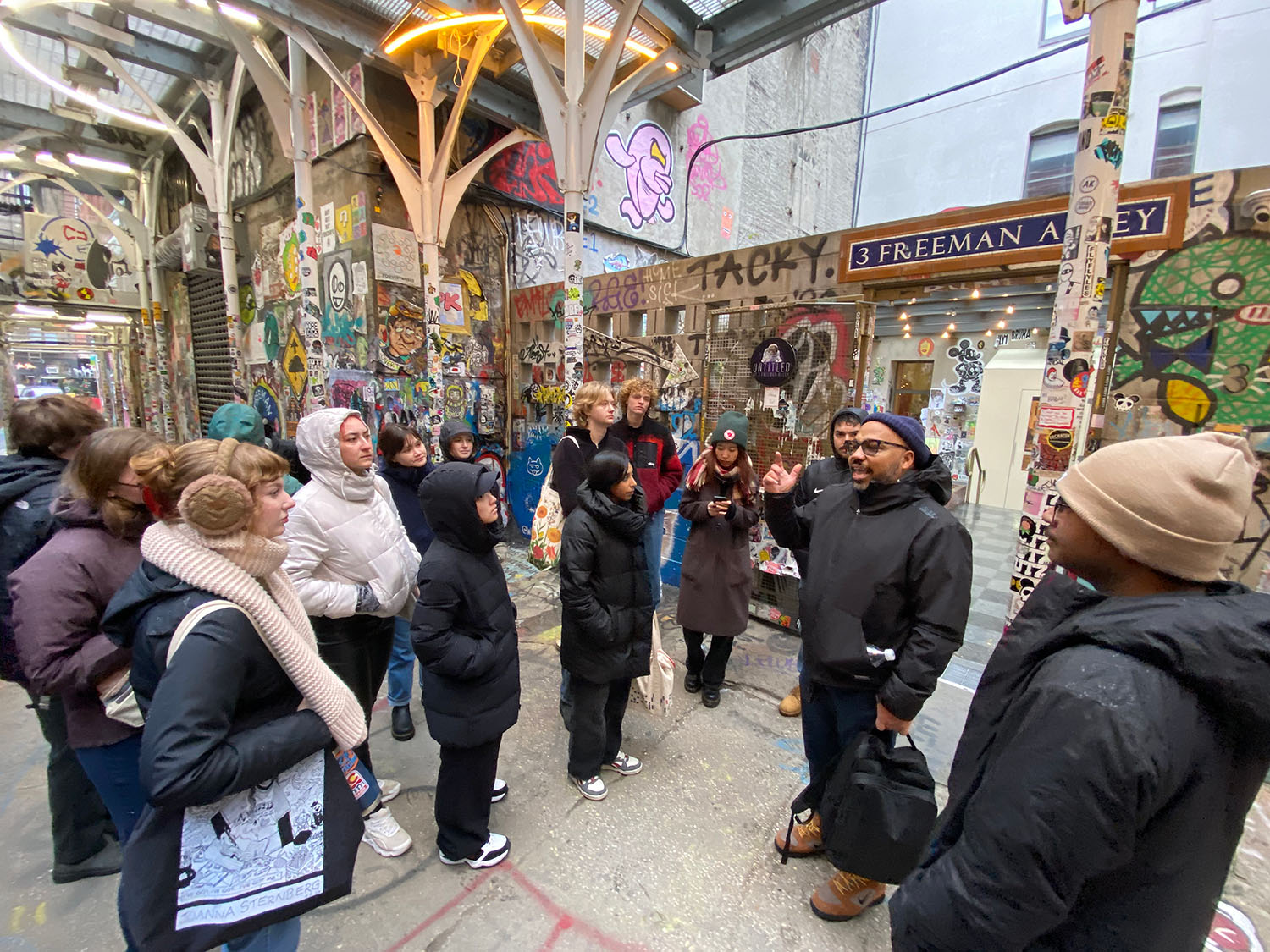
As we walk and talk, I answer students’ questions about life, how I make a living, and my experiences. They share their experiences. I talk to their professors, teachers, and guides, and everyone bonds as a group as we hike toward Freedom Alley.
The lecture usually ends in Freedom Alley. Freedom Alley is one of the best street galleries in the city because it has an organic life of its own. The art there turns over daily, and the students will see many examples of varying art mediums we discussed on the walk. Once inside Freedom Alley, they’ll be immersed in graffiti, stickers, sculptures, guerilla advertisements, rollers on rooftops, and paintings on the ground. The end of the alley feeds into a restaurant. Then, if you go to the left side of the path, there’s a hotel. It is a whole ecosystem of art, commerce, vandalism, and all-around creativity in a harmonious, advanced state.
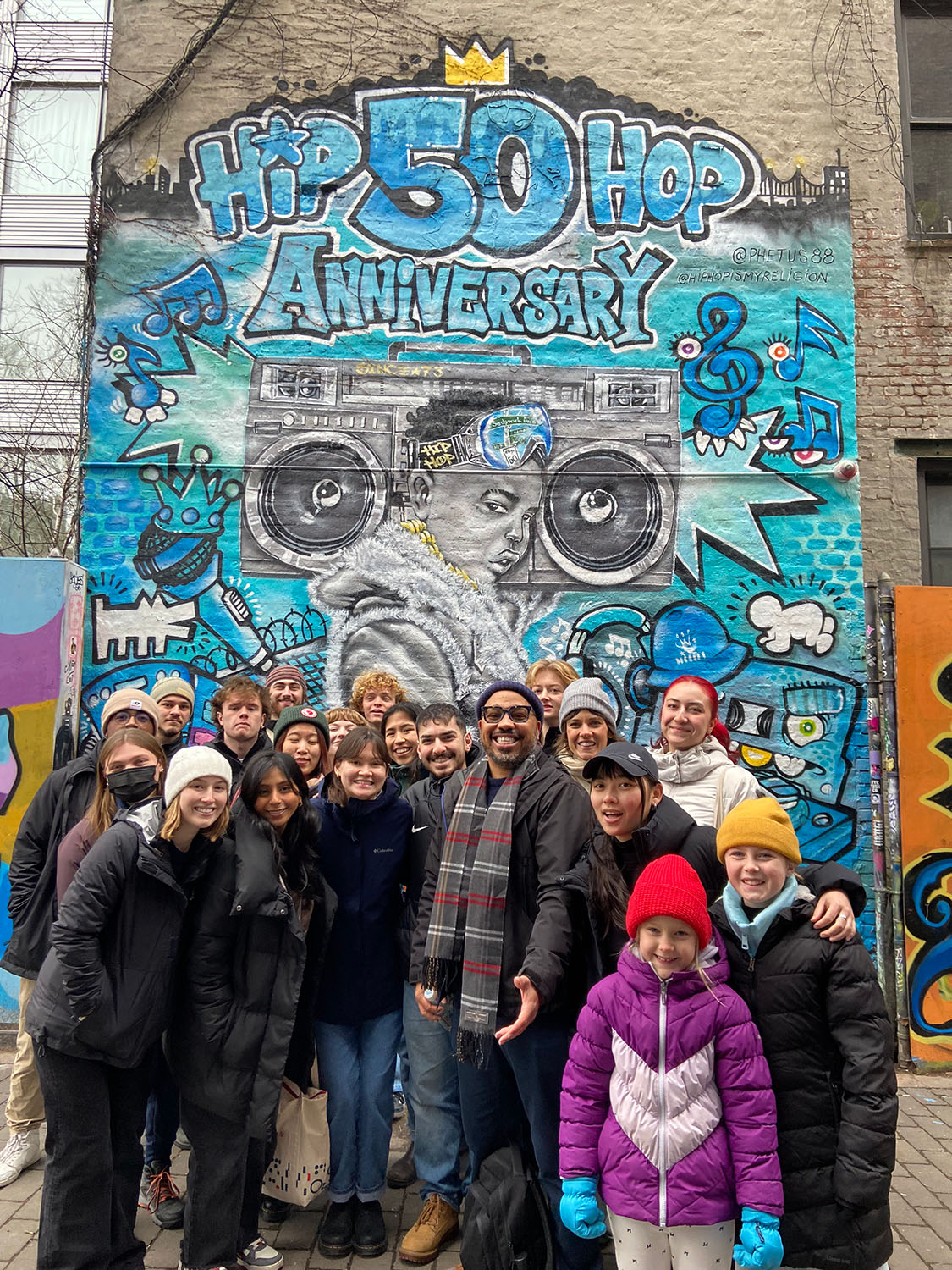
Being a guest lecturer for out-of-town students is an honor. What I enjoy most about it is that there is no script. I speak from the heart, and we do everything on the go. The class I teach yearly with St. Olaf College art students is special because it takes place on the street. We can see the cars whiz by, hear the music, navigate the people as we walk, take in the architecture, and feel the weather. In fact, the last time we had class, it started raining and was cold, but being out there with the elements of New York made the experience more authentic and assisted me in cementing the memories and lessons I was doing my best to provide. This experience is fulfilling and productive because learning does not always have to be confined to a fluorescently lit classroom.
If you’re interested in connecting with your class to have me do a walk and talk, just shoot me a message.
Thanks for walking with me.





